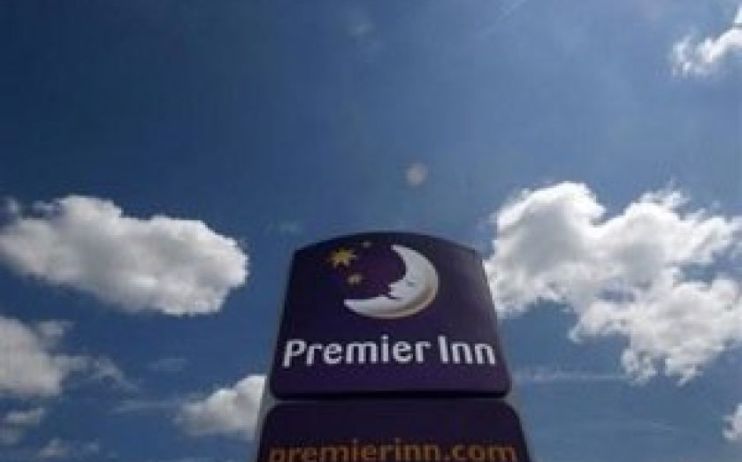Whitbread – at the end of the day, someone has to pay

Whitbread, the owner of popular hospitality chains Premier Inn, Beefeater and Brewers Fayre, has written to the landlords of its properties asking for a rent reduction of 50% for the next three months, to “share some of the pain” of the ongoing pandemic and the restrictions on hospitality.
It seems, prima facie, a reasonable request. Quite apart from the maxim that 50% of something is better than 100% of nothing, Whitbread has until now paid its rent in full, unlike many companies in the hospitality sector.
Read more: Wanted – a minister for hospitality
One property executive said the group had “behaved impeccably” and that landlords would likely look kindly on finding a way to help Whitbread keep its cash flow healthy.
Moreover there is a growing sense that the private sector must acknowledge more readily its interdependence: competitors are also colleagues, and the no-holds-barred attitude of the past no longer finds resonance with the public. Reputation matters.
The pandemic has seen all sorts of business relationships redefined. Most famously, perhaps, in November the Florida-based Burger King issued an advert encouraging customers to buy from McDonald’s, KFC or a host of other fast-food outlets.
The point was that the whole sector was struggling, and Burger King’s marketing department saw that an appeal on behalf of its competitors was both the right thing to do, but also would boost its own reputation and market share.
Fernando Machado, chief marketing officer of Burger King parent Restaurant Brands International, said of the lockdown when the campaign was launched in France, “That is not good for the restaurant industry at all. So the brave team of BK France decided to do something to support the restaurant industry.”
So Whitbread might be expected to get the assistance it is asking for.
But this poses a more profound question. One landlord, noting Whitbread’s relatively buoyant share price, said: “A permanent transfer of value from our shareholders to theirs is not appropriate for a company still valued at over £6 billion.” That does lay bare the essence of the request. A halving of rent payments for three months is essentially a gift from the landlords to Whitbread.
Read more: The 15 minute city could be on the way, and it’s the green way to rebuild the capital
Is that the most appropriate way to address the undoubted hardships which repeated lockdowns have brought? There is no doubt that the hospitality industry in particular has been hit savagely. Does it make sense, however, simply to transfer the hardship to a different part of the supply chain?
UK Hospitality thinks not.
Its CEO, Kate Nicholls, has consistently identified a revision of business rates and reduction of VAT as the priorities for the sector. The latter is a short-term solution but would certainly staunch some of the bloodflow. The former is a more knotty and deeply embedded issue. Last year, the House of Commons Treasury Committee described the business rates system as “broken” and said it “placed an unfair burden on bricks-and-mortar shops”; the government’s response to the report showed no signs of urgent action.
In any event, the philosophical question remains: in times of widespread hardship, who should bear the losses?
Generally we expect immediate assistance from the government, and they certainly have the financial wherewithal to react quickly and spend big. But there is a danger of coming to rely on the state, and creating a culture of dependency which can stifle genuine innovation and growth later on.
These are ultimately the questions we will have to address as the pandemic begins to ease and vaccination allows us to manage something like a normal life again. How far does the responsibility of government extend? Is assistance in hard times an implicit part of the contract we sign by paying taxes?
Or will, ultimately, there be an element of commercial Darwinism, with the strongest making it through and economic recession being a tempering process? We should think about these things now, because, while there might be light at the end of the tunnel now, the darkness will surely come again.
Read more: Much of southern England plunged into Tier 4 lockdowns